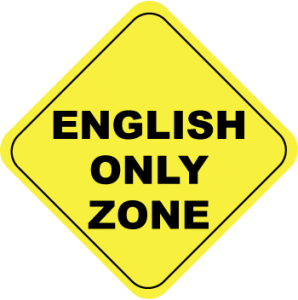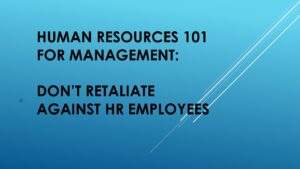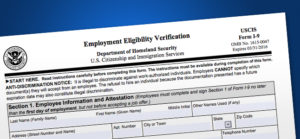 Every so often someone writes a letter to the newspaper complaining about the amount of Spanish spoken in El Paso, and specifically in the workplace. This debate was recently resurrected in our editorial pages.
Every so often someone writes a letter to the newspaper complaining about the amount of Spanish spoken in El Paso, and specifically in the workplace. This debate was recently resurrected in our editorial pages.
The letters are pretty predictable. The complainer usually proclaims that “This is America” or “I’d learn Spanish if I lived in Mexico.” Responses range from moderates who remind us that we live in a diverse, multi-linguistic culture, to extremists who claim racism and end their letters with some quasi-historical reference that “this area once belonged to Mexico!” Most of us chuckle at these exchanges while having our morning coffee. At least they provide an entertaining diversion from the public corruption stories.
Language is a sensitive subject, as it is often tied to our nationality, race or culture. Language is an equally sensitive topic in the workplace, where issues vary from “English-only” policies, to circumstances where workers feel resentment about immigrants or foreign languages in workplace.
Language discrimination is often viewed as a type of national origin discrimination outlawed by federal and state anti-discrimination laws. Strict English-only policies completely barring foreign languages from being spoken at work, including casual conversations, lunch time or breaks will generally be considered discriminatory. In fact, some courts have recognized that English-only instructions create a hostile working environment for employees, as these workers often experience ridicule and humiliation when they communicate in their native language.
In 2012, a hospital near Bakersfield, California paid a substantial settlement after it targeted Filipino employees for speaking Tagalog or Ilocano at work. Even though other hospital employees spoke Spanish on the job without discipline, hospital staff barred only Filipino workers from speaking their native language. The hospital allegedly used surveillance cameras and security personnel to monitor whether Filipino workers were in compliance with the English-only directive, and supervisors and other staff members routinely ridiculed Filipino workers, even threatening arrest if they did not speak English. Tensions ran so high, one worker allegedly sprayed air freshener on the lunch of a Filipino employee to show distain towards Filipino food.
This does not mean that employers have no control over the types of language used in the workplace? No, but employers must show a “business necessity” and demonstrate that their policy is narrowly tailored to meet that specific need. Examples given by the Equal Employment Opportunity Commission (EEOC) on their website include communications with customers, coworkers, or supervisors who only speak English; and emergencies or other situations in which workers must speak a common language to promote safety.
With our large Latino population, Spanish has become more common and acceptable in the workplace. However with other fast growing minority groups, such as Asian-Americans and Pacific Islanders who bring hundreds of languages and dialects, our discrimination laws and tolerance will continued to be tested.
“Language is the road map of a culture. It tells you where its people come from and where they are going.”
‒Rita Mae Brown





